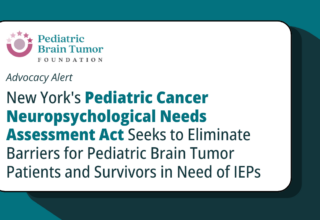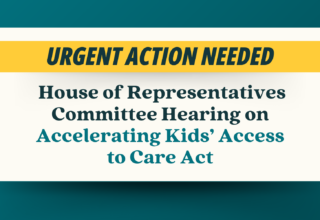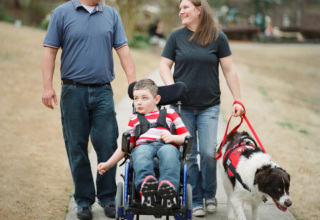Ursula Burns, Former Xerox CEO, and Jordan Wertlieb, EVP and COO of Hearst, Appointed to Pediatric Brain Tumor Foundation’s Advisory Board as Inaugural Members
The Pediatric Brain Tumor Foundation today announced the appointment of Ursula Burns and Jordan Wertlieb as inaugural members of the organization’s new Advisory Board. Burns and Wertlieb offer their exceptional business acumen and experience to PBTF, the largest patient advocacy funder of pediatric brain tumor research.








